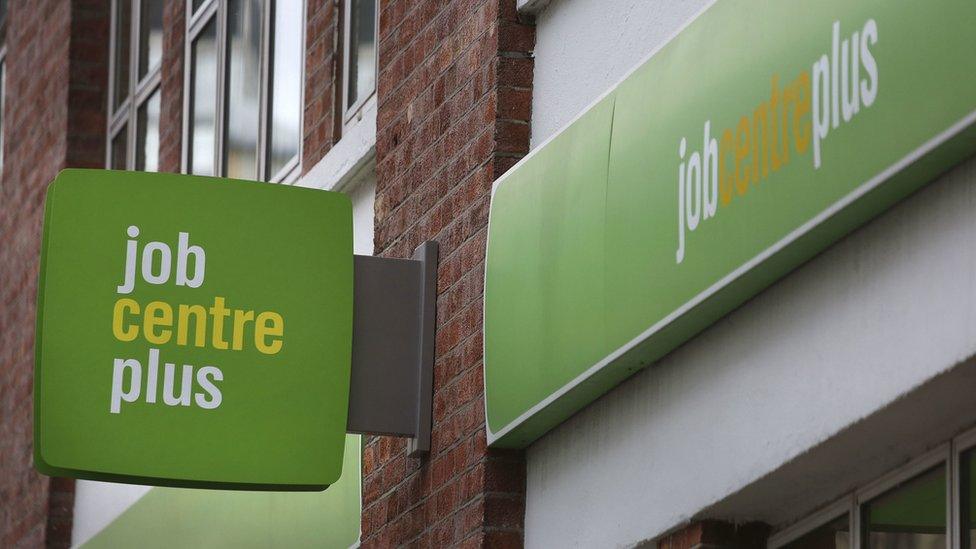Coronavirus: Huge increase in families hitting benefits cap
- Published

The number of families affected by the benefit cap, which limits how much any one household can receive in benefits, rose by 93% between February and May.
The government increased some payments to help people cope with the coronavirus crisis, but charities say people with high rents have lost out.
Figures show 154,000 households had their benefits capped in May.
Ministers have previously rejected calls to increase the cap, which stands at 拢23,000 a year in London.
The cap is meant to encourage people paying a lot of rent to move to cheaper areas or get better paid jobs. Many were unable to do so during lockdown, but still had their benefits limited, charities say.
The February to May surge is the largest increase in families being affected by the cap since the policy was introduced in 2013.
'Unprecedented increase'
Of those now affected by the cap, 52,000 are single parents with at least one child under five.
The Department for Work and Pensions said the increase was "driven by an unprecedented increase of 665% in the number of newly Universal Credit capped households".
At the moment, families with children and couples in London can receive a maximum of 拢1,916.17 a month in benefits while those living outside the capital can claim up to 拢1,666.67.
For single people, the amounts are lower, set at 拢1,284.17 and 拢1,116.67 respectively.
Universal Credit payments have been increased by 拢20 a week for the period between April 2020 and March 2021 due to the pandemic, but Work and Pensions Secretary Therese Coffey has rejected calls from campaigners to also scrap the benefits cap for the same duration.
In May, households affected by the cap lost an average of 拢57 a week in benefits, with 26% of claimants losing between 拢50 and 拢100 a week and 3% losing 拢200 or more.
'Household debt'
Labour's shadow employment minister Seema Malhotra said the figures "must serve as a wake-up call to the government".
She said Labour had repeatedly called for the cap to be scrapped, adding: "This is a policy that is pushing children and families into poverty."
"The government must target support at those most in need, rather than pursuing a one-size-fits all approach.
"Ending the benefit cap would put much needed cash into the pockets of Britain's poorest families, helping them through this crisis without a devastating increase in household debt," she added.
Jon Sparkes, chief executive of homelessness charity Crisis, echoed the call for the cap to be scrapped.
"These figures show thousands of people are turning to the benefits system to break their fall, only to discover that the benefit cap is cutting them off from vital support," he said.
Mr Sparkes added: "If we are to avoid a wave of people from losing their homes through no fault of their own, it's vital that the government immediately suspends the benefit cap so that people have the means to stay afloat. Otherwise we risk all the good work to protect people being undone."
- Published28 July 2020
- Published3 August 2020
- Published31 July 2020